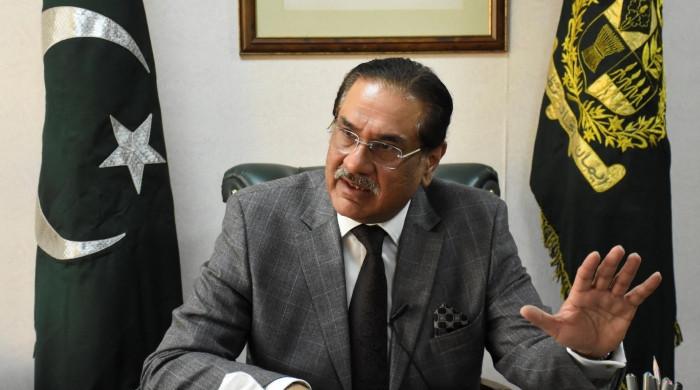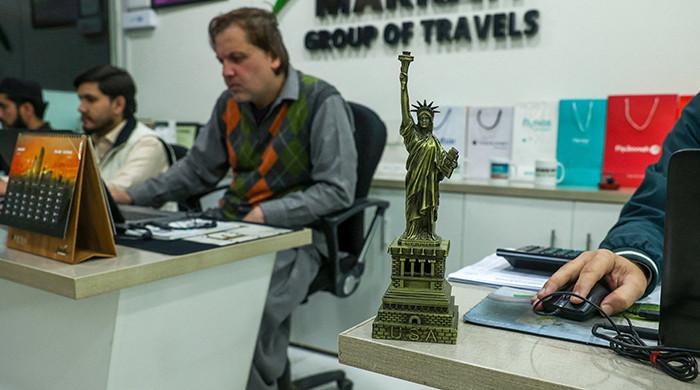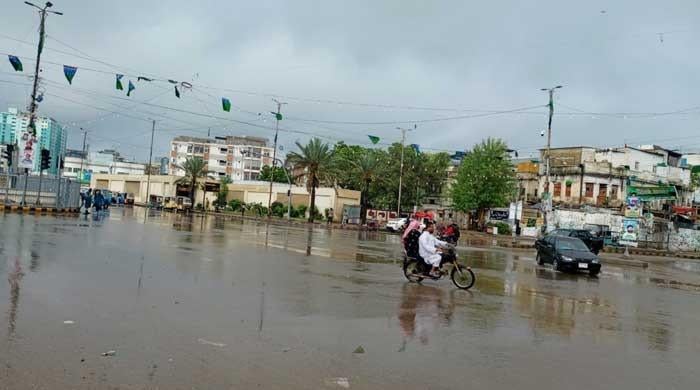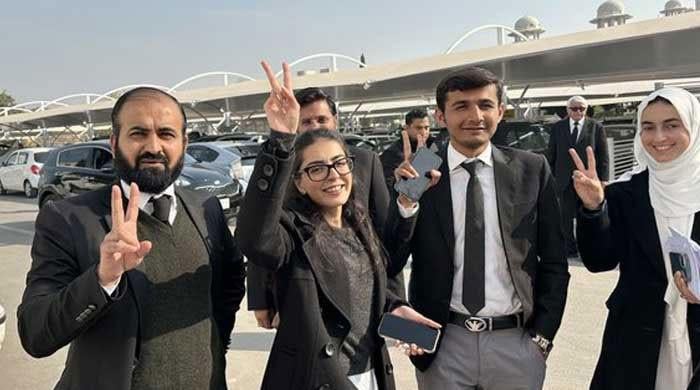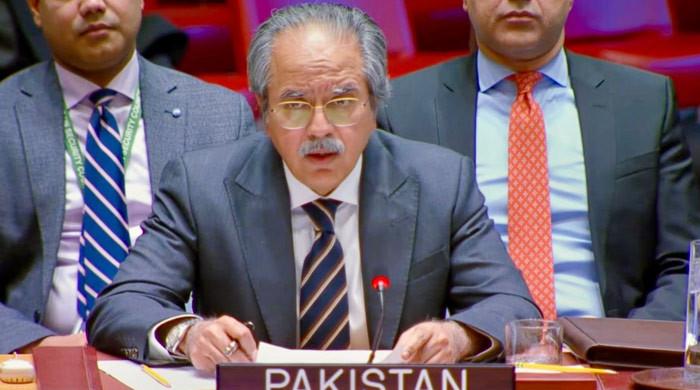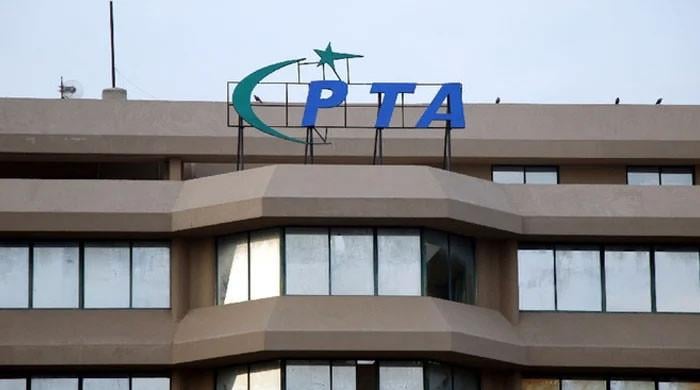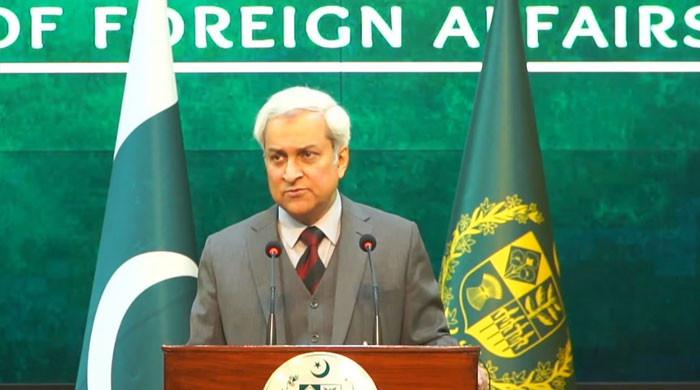CJP takes suo motu notice of non-issuance of CNICs to transgender persons
Transgender persons briefed CJP on the issue during his visit to Foundation House, Lahore a day earlier
June 17, 2018
LAHORE: The issue of transgender persons not being given computerised national identity cards (CNIC) will be taken up at the Supreme Court Lahore Registry on Monday as Chief Justice of Pakistan Justice Mian Saqib Nisar took notice of the matter on Sunday.
A press release issued by the Supreme Court stated that the chief justice took notice after his visit to Foundation House in Lahore, where transgender persons complained to him regarding non-issuance of CNICs.
Foundation House is a shelter facility that has recently been opened in Lahore’s Rachna Town for transgender persons. The facility houses transgender people aged 50 or above, as well as those seeking treatment for diseases such as AIDS and hepatitis. Transgender people are provided with food and medical treatment free of cost at the shelter home.
Although the law in Pakistan promises all the basic rights to transgender persons in the country, they continue to face difficulties is getting access to such services.
In March, the Senate unanimously approved Transgender Persons (Protection of Rights) Bill, 2017.
In the same month, the Khyber Pakhtunkhwa government issued driving licences to two transgender persons.
Moreover, the National Database and Registration Authority started providing transgendered community members with three gender categories on the registration forms for CNICs.
But the community remains grappling for survival.
However, their woes pertaining to the issuance of CNICs would be heard at the top court’s Lahore Registry on Monday (tomorrow) where the chief justice has summoned chief secretary Punjab, other relevant officials and Akhuwat Foundation Executive Director Dr Amjad Saqib.
‘Undercounted’
Besides, the non-issuance of CNICs transgender persons are also faced with the issue of identity on their CNICs, which is one of the reasons why they were said to be undercounted in the sixth census conducted in March.
In 2009, when the Supreme Court ordered the issuance of special national identity cards to transgender persons, the process began briefly but then it was shut down and restarted in 2012.
During the three-year gap, between 2009 and 2012, no new CNICs were printed, and many of the transgender persons still have cards that identify them as male.
It was said that the census results showed over 10,000 transgender persons were living in Pakistan. But their own estimates suggested their population should be roughly around 300,000 to 500,000. There must be at least 300 people of the community living in Lahore’s Heera Mandi alone, according to Bindiya Rana, a transgender activist.




